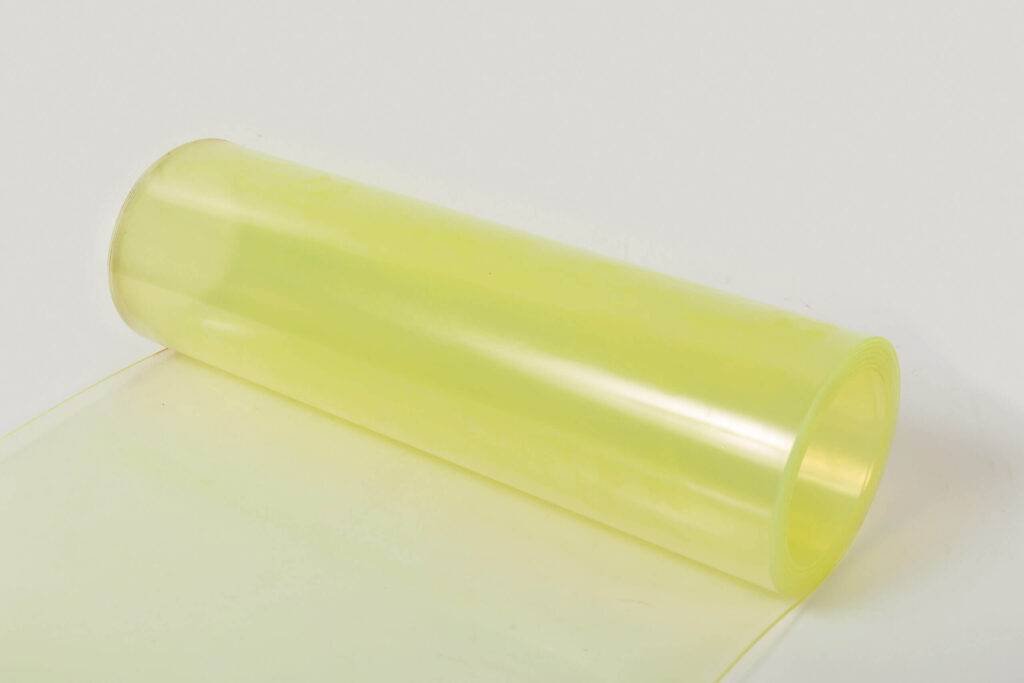If you have been looking to invest in a PU sheet, it’s highly important to start by considering the different properties of PU sheeting and how these might influence your choice of the ideal material. In line with this, today, we’re looking at some of the key things you need to know about PU sheeting to help you find out more and make the right decisions for your own needs.
What is the Standard Thickness of a PU Sheet?
Before we go any further, it’s first important to look at the standard thickness of a PU sheet. While this will vary depending on factors such as the budget of a brand and the particular application being needed, the standard thickness of polyurethane sheeting is most often several mm, although the available thicknesses can vary massively.
For example, you may get polyurethane sheeting that’s just one mm thick; contrastingly, if you need a more durable option, it’s often possible to get sheets closer to a cm thick. Depending on your requirements, it’s potentially worth discussing this with your PU sheeting provider to see which option might be best suited to your needs.

How Does PU Sheet Thickness Impact its Properties?
The thickness of polyurethane sheeting can significantly impact the properties, which is something that many buyers need to consider when investing in these materials. Indeed, some of the key differences you may notice based on the thickness of PU sheeting include the following:
- Weight: Unsurprisingly, as PU sheeting increases in thickness, the weight of the material will naturally also increase. In line with this, choosing a thinner sheet may be important if you have been looking for a lightweight material.
- Strength: Even though thin polyurethane sheets are still very strong, thicker sheeting will still provide greater strength overall. As such, it’s hugely important to keep in mind the level of strength you need (but don’t forget, it’s possible to get differing grades of PU sheeting).
- Insulating properties: Generally speaking, the thicker the PU sheeting, the better its insulating properties. In line with this, thicker options for PU sheeting might be ideal if you have been looking for a material that can deliver excellent insulating properties.
- Cost: Thicker sheeting requires substantially more material to produce; in line with this, it can also come with a drastically higher cost per meter (or per length) than thinner options.
- Flexibility: Polyurethane is often much-loved for its excellent machinability and ease of formation. However, thicker sheets may be less workable and flexible than thinner ones.
Final Thoughts
If you have been looking to invest in PU sheeting, there’s no doubt this excellent material can provide many possible benefits. However, before you make this decision, looking at the main attributes of the material is vitally important – and the thickness of your sheeting can have a significant role in this regard.
As such, if you have any questions about the standard thickness of a PU sheet and how this might impact the material’s value for your needs, please don’t hesitate to contact our team at pengde2@pengde-pu.com. No matter what you might need, we’ll do our best to help!


